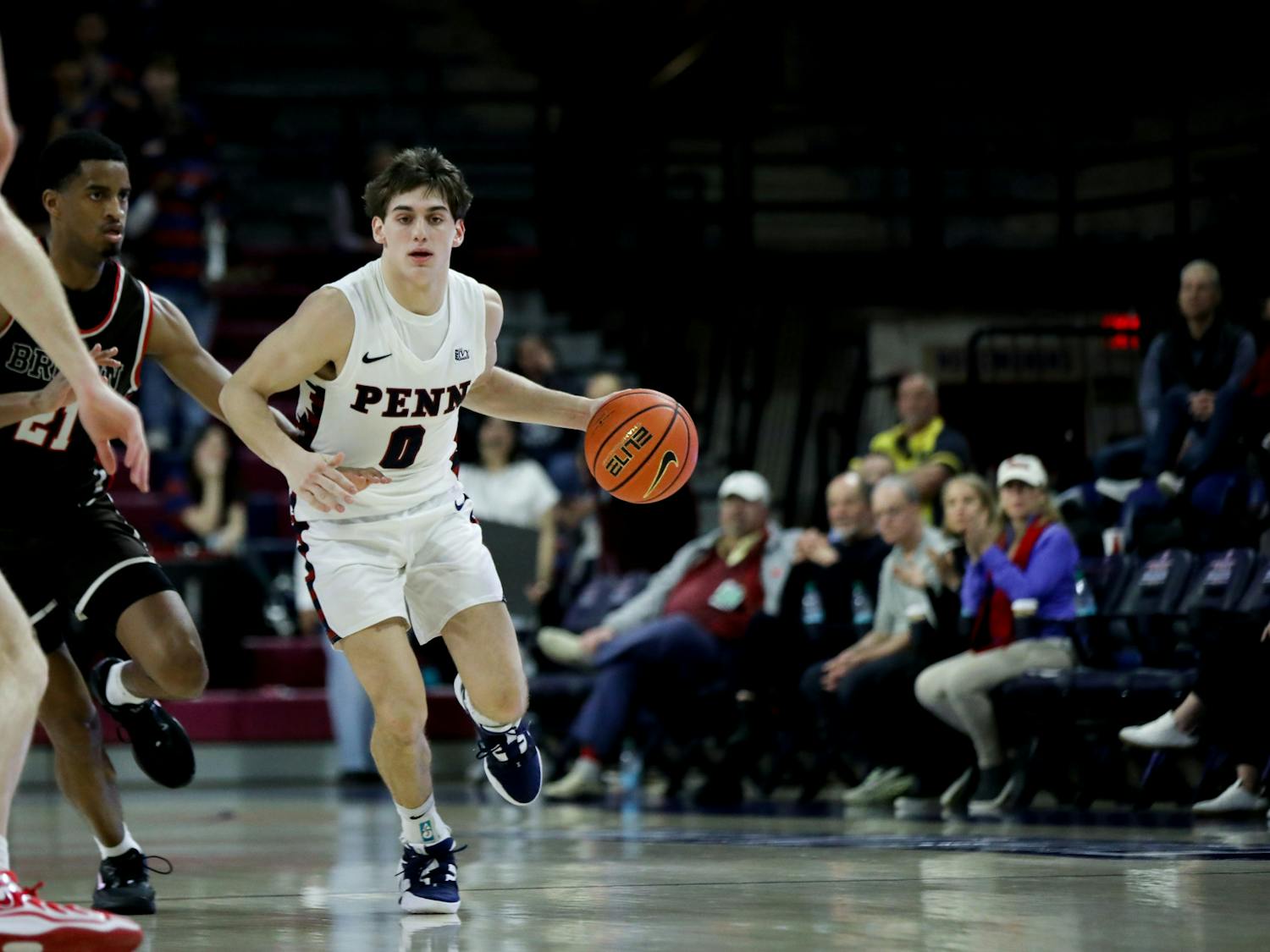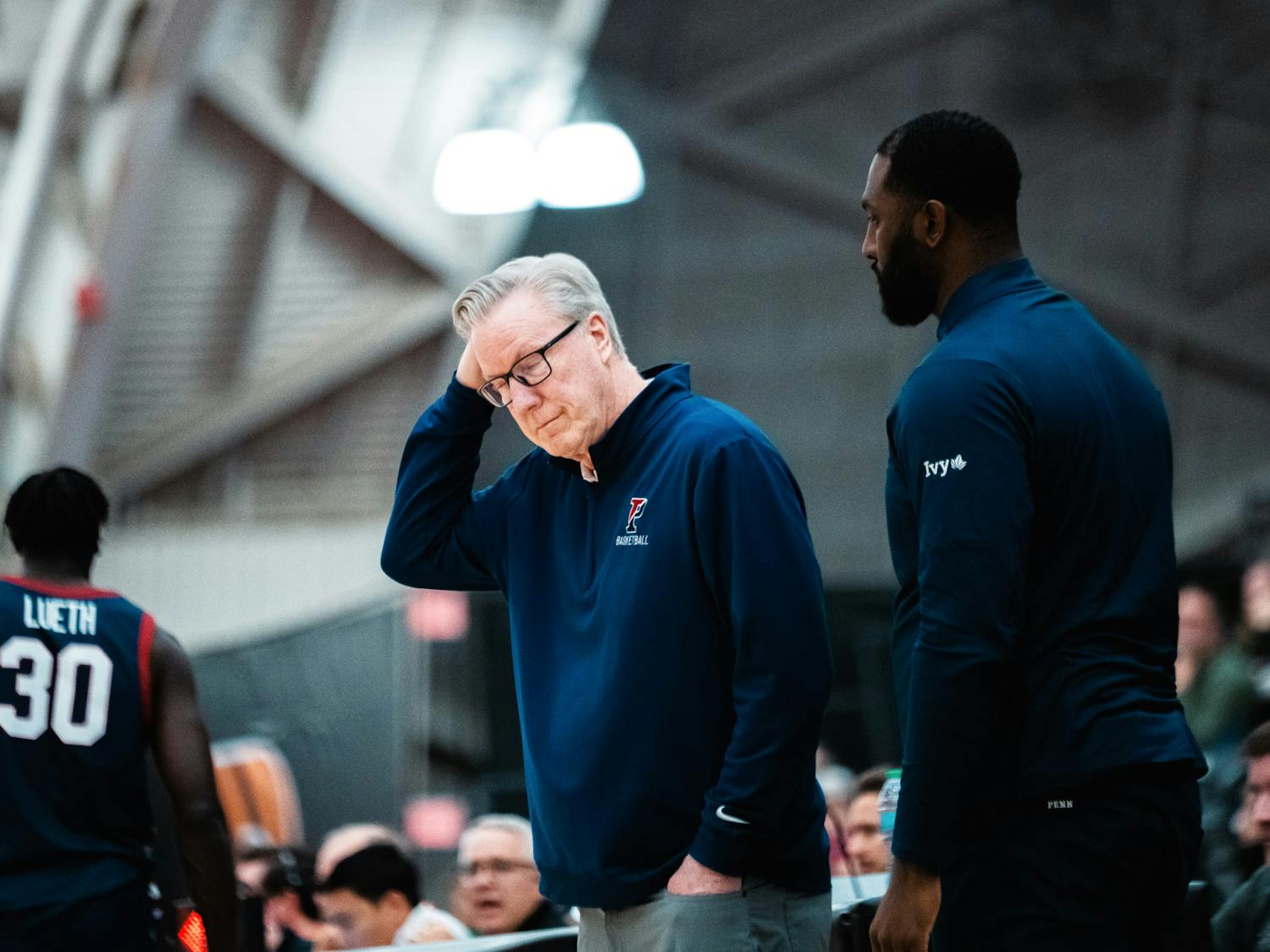It seems that every year at about this time, questions are asked about the health of Division I-AA football.
As big schools across the country play to six-figure crowds and network TV audiences each week, even the mightiest I-AA superpowers play on regional sports channels, with stadiums at best one-fifth the capacity of the nation's biggest.
The debate over I-AA football's status was taken up anew in a recent article in the NCAA News, a publication of college sports' governing body. In that story, a number of administrators of I-AA football schools and conferences expressed their desire to tinker with the current system -- specifically the post-season championship tournament.
One big question is how much money teams that participate in the I-AA playoffs should receive from the NCAA. Schools are reimbursed for the cost of transporting 100 people to a game, although that number is often exceeded by schools that bring large rosters, cheerleaders and a band. So schools can actually lose money as a result of their on-the-field success.
"When you make the playoffs, there should be a financial reward, and there's not," Western Kentucky University President Gary Ransdell said to the NCAA News. "You should not have to compromise the institutional budget when you're rewarded for NCAA success."
But while that might help Western Kentucky, the Ivy League would not benefit because its schools do not participate in the post-season.
Penn Athletic Director Steve Bilsky said that "if you are just measuring it by that one small criterion, then you could, but that's dwarfed by all the other reasons that you want to play in it."
Bilsky noted that Penn often records a financial loss traveling to the NCAA basketball tournament, as its party is usually bigger than the reimbursement maximum of 75 people.
"We will bring more people than that, and since we don't share in any of the revenues, we lose money by making the NCAA Tournament in basketball," Bilsky said. "But that wouldn't stop us from wanting to be in it."
Many I-AA football officials would like to see an increase in television exposure for the division, especially in the playoffs.
"I think the NCAA should leverage its other contracts in order to secure a more attractive television and marketing contract for the I-AA playoffs," Ransdell said to the NCAA News. "In other words, as it negotiates the NCAA basketball or other contracts, part of that negotiation should be a better package for the I-AA playoffs."
The situation improved last year, as ESPN2 carried a I-AA first-round playoff game and regional coverage of both semifinals. College Sports Television also carried a first-round game, and ESPN televised the quarterfinals on its GamePlay pay-per-view system.
This season, Penn's game at Princeton will be televised on CSTV. The game against Dartmouth was, and the game at Cornell will be, televised on the YES Network, which is distributed on satellite TV platforms including DirecTV.
The primary regular season change would see an increased allowance in the number of games against I-AA opposition that a I-A school can count toward bowl eligibility. The current rules allow for one such game to count every four years, and the new rule would permit one game to count each year.
Danny Morrison, commissioner of the Southern Conference, told the NCAA News that such a change "would be good for the health of college football in general."
"Not only does it give the I-AAs the opportunity to play and get the exposure and the revenue from I-A games, but it has the tendency to filter throughout college football," he said.
Bilsky said Penn would not play a part in such a change.
"We're playing some of the scholarship I-AA schools, like Villanova, and that's probably where our focus would be," he said.
The allure of the football postseason is stronger for Bilsky, even if it is not for some other presidents and athletic directors in the Ivy League. It is the Ancient Eight's decision to not participate in the playoffs, and discussion of that question has also become an annual tradition.
"If you look at last year, the championship game was played between Colgate and Delaware, two teams in our region, two teams that if we would have played against them, I think it would have drawn a lot of interest and fan attendance," Bilsky said.
He added that "you can make a good case that we would have been able to compete with them athletically."
But the situation does not look to be changing any time soon, allowing the Ivy League to leave most of Division I-AA's football problems to the rest of the country.








